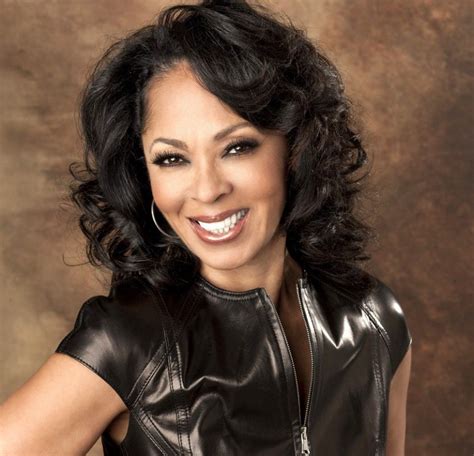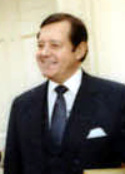A Quote by Gail Buckley
I could never lead a Bible study; I don't know Scripture that well.
Related Quotes
I went off to college, a good, middle-class, very proper college, a Brethren institution, where two years of Bible study are required for graduation. It was a good, sound, thorough, but completely biased evaluation of the Bible, and I was delighted with it, because it helped to document my doubts; it gave me a framework within which I could be critical.My independent study continued for 20 years after this. So I do know the Bible very well from a Protestant point of view.
When I am in situations where I break out of the pattern, it's hard on me. Once you get used to regular scripture study, you miss it if you don't have it. It's like food - you have to have it. I know that I need the scriptures like I need food. I don't miss a regular meal, and I don't miss regular scripture study.
All appeals to Scripture are appeals to interpretations of Scripture. The only real question is: whose interpretation? People with differing interpretations of Scripture cannot set a Bible on a table and ask it to resolve their differences. In order for the Scripture to function as an authority, it must be read and interpreted by someone. According to "solo" Scriptura, that someone is each individual, so ultimately, there are as many final authorities as there are human interpreters.


































